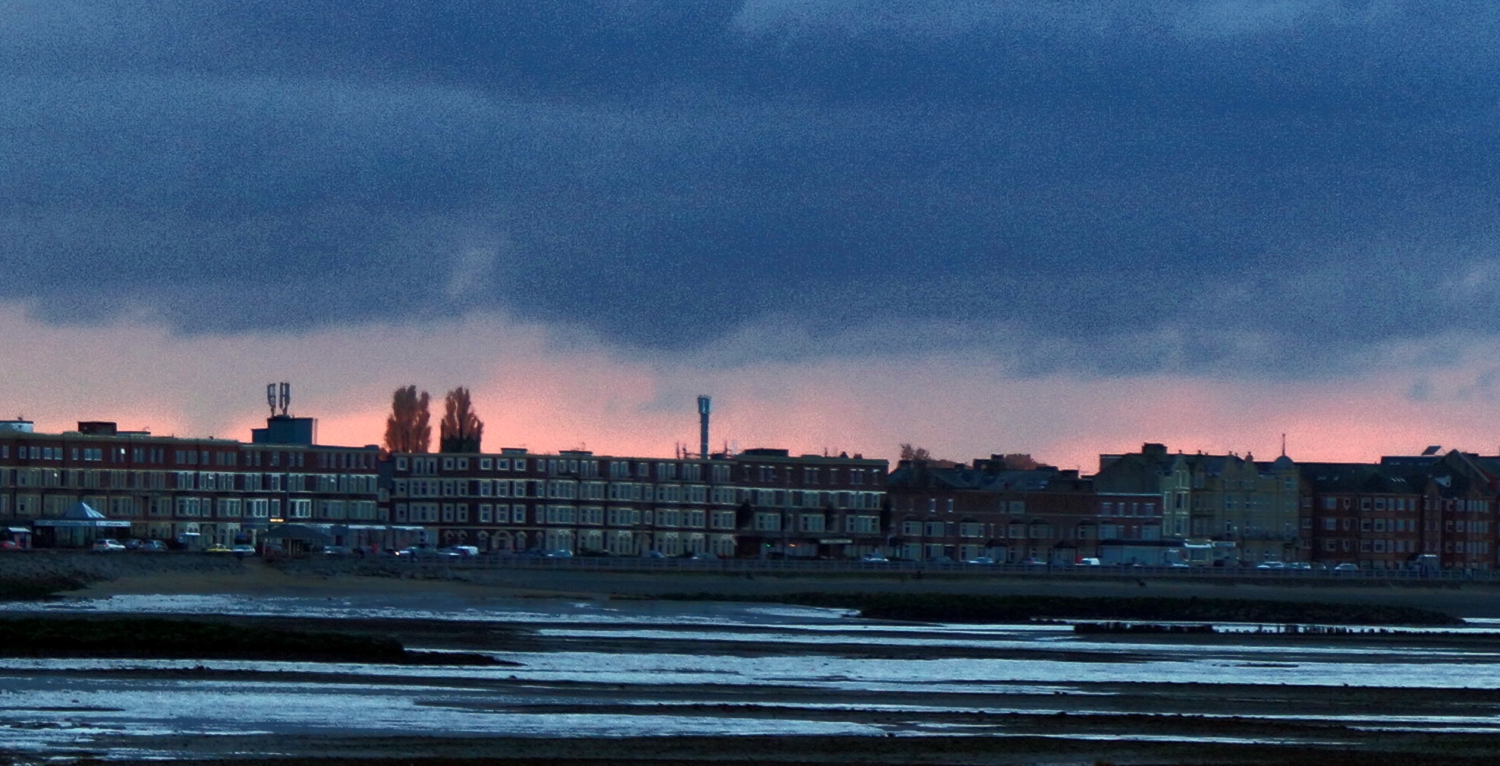Fairness and its many faces
Labour’s 2017 manifesto promised action so that ‘no nation or region of the UK is unfairly disadvantaged’. But fairness has many faces, so hard choices must be made, argue Iain McLean and Martin Rogers.
Politics is as unstable as many in this generation have ever known. The government may not survive the summer, never mind the year. So Labour must begin to think about what it would do should it find itself assuming government. Without doubt Brexit will be its defining challenge, but not the only one. A new Labour government will also have to keep the economy running, generate sufficient tax revenue to fund its spending promises and best prepare the country for life after Brexit.
Labour’s 2017 manifesto promised action so that ‘no nation or region of the UK is unfairly disadvantaged’. But fairness has many faces, so hard choices must be made and there are opportunity costs to each.
Before any money can be spent it must be raised. A new report from the British Academy, Governing England: Devolution and funding, shows that in England, the revenue which funds public spending is disproportionately generated in London and the South East. These regions are the only ones in England which are net contributors to the exchequer. While the regional taxation base is narrow, the personal taxation base is narrower: the top 1% of earners contribute 27% of all income tax revenue.
There are also big differences in the regions of England, as the Fabians have also recently highlighted. Treasury figures estimate that public spending is around £8,898 in England per person. In London it is £10,192, largely due to the cost of providing services. In the North East it is £9,680, a fairly large amount for a relatively poorer region. But the South East received just £8,111 while the East gets £8,155. These could be justified as being relatively affluent regions and indeed London and the South East do largely subsidise the rest of the country as shown by their net fiscal balances. But the East Midlands gets just £8,282 meaning it has a low income per head and low public spending.
One of the clearest examples of the differences is in transport infrastructure spending. The figures for transport infrastructure spending are heavily disputed but they show that London is the greatest beneficiary. In 2012/13-2016/17 London benefitted to the tune of £33bn, £20bn more than the second placed South East. This problem is exacerbated by the centralised nature of the funding of these projects – if a mayor or other local leader wants to commit to their own project they have to secure the resources from the government in London.
The above is hardly a comprehensive list of the issues facing an incoming Labour government but is a start as far as England is concerned. Addressing this inequality has its own challenges.
In a unitary system central government is the solution. The taxation revenue raised in London and the South East is pooled and redistributed – London’s net fiscal surplus is over £26bn and increasing. But devolution, especially fiscal devolution, puts that at risk.
The agony of choice on devolution
The most obvious challenge to the idea of fiscal devolution is the risk of divergence. Under the current, imperfect system, all tax revenue is pooled and redistributed. But devolving the income and corporation taxes from The City of London etc. will mean that poorer areas such as Luton or Knowsley will lose out and local authorities have already had the money they receive from central government cut by around 50% since 2010-11. Divergence may be an acceptable outcome, but it must be discussed openly.
The current government’s policy is to allow councils to retain a portion of the growth in their business rates above a certain level. An incoming Labour government would need to decide whether to continue with this policy. Retention is problematic because allowing councils to retain some of their business rates will mean that those least in need will benefit the most, while those most in need will see less gain. Because yield from business rates also varies according to accidents of history, devolution would allow richer areas to benefit. London generates the most income from business rates – the North East the least. Westminster collects over 7% of all the business rates in England, the City of London just under 4%. So a policy of retention would allow areas to have greater control of their finances and destiny but risks allowing London to grow further and faster to the detriment of the rest of the country.
The implication of the greater devolution of taxation locally is that services may increasingly vary. This may be a good thing as areas may be able to tailor their services to local need. But doing so would risk a ‘postcode lottery’ in public service provision. An incoming Labour government would have to decide how acceptable such variation is, and whether ‘national’ public services remain viable and attainable.
Imperfect options
Broadly, an incoming Labour government would have three choices as to how to tackle England:
- Carry on as now. The current system has delivered a patchwork across England where some places are doing very well and others are left behind. Continuity would ensure that disruption would be minimised.
- Embrace devolution. Labour could be radical and enact a whole – and wholly – new devolution programme to put power and money in the hands of those far nearer the coal face. This could allow areas to grow their economies by better tailoring services to the needs of their area but would entail less redistribution than now.
- A new government could abandon the devolution programme altogether and centralise all taxation, dictating all redistribution centrally on the basis of its criteria for need. This would better ensure that all areas receive the funds which they need. Centralising would reduce a great deal of local freedom and so could be accompanied by other reforms such as replacing council tax and business rates.
The options for a new government can be encapsulated in the debate around council tax. A brave government could conduct the revaluation for council tax meaning that all properties are no longer valued according to 1991 levels. The requirement to rate all properties in relation to a Band D could be removed and additional bands added, giving councils greater flexibility.
However, these reforms would not allow council tax to be levied on the payee according to their ability to pay. In the longer term Labour could seek to move away from funding local government from business rates and council tax and, for example, collect a land value tax centrally which would then be distributed according to need.
In 1976 the Layfield Committee called for governments to choose between reviving local government via a robust tax such as local income tax and making councils agents of local government. That challenge remains.


